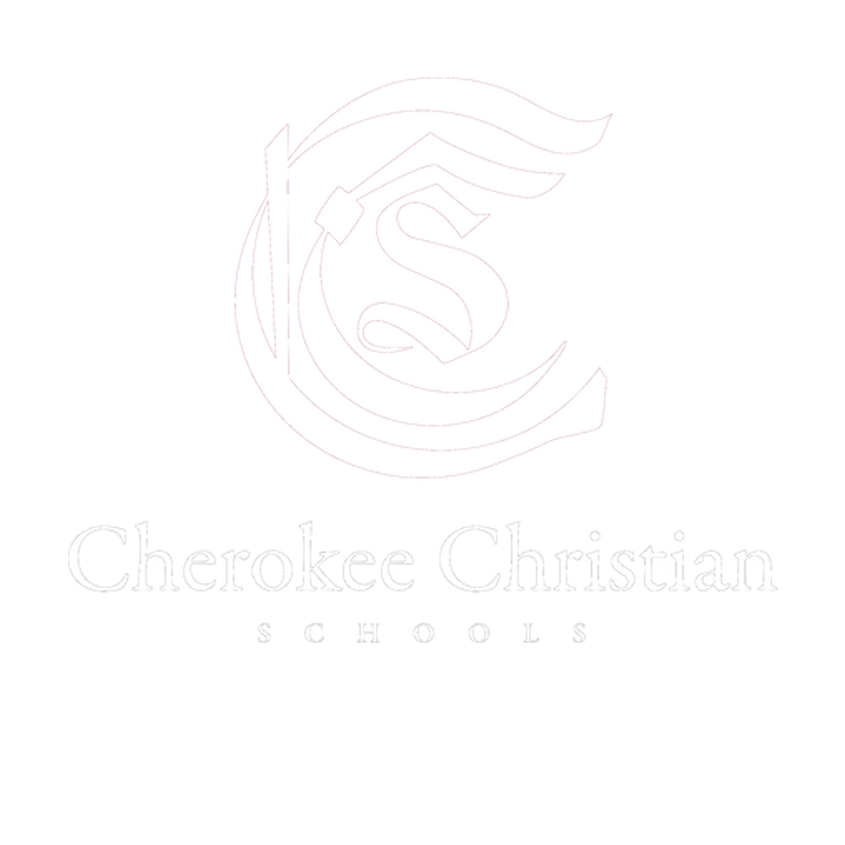Classical
Our classical curriculum and instructional methods effectively engage students within the unique phases of their natural development and inspire measurable growth in knowledge, understanding, and wisdom.
Biblical
We believe that true wisdom and knowledge are found in Christ (Colossians 2:3) and acquired through a steadfast desire to understand and apply truth that is clearly observed in God’s world and powerfully revealed in God’s Word.
Faithful
A classical Christian education at CCS seeks to prepare students for a life-long journey of genuine faithfulness that is marked by the practice of Christian virtue and the exaltation of the good, the true, and the beautiful.
Explore Admissions
If you are looking for a biblically-rooted, classical Christian school to partner with in the education of your child(ren), we would be honored to explore such a partnership with you. The admissions process can begin at any point during the year, so it’s never too late to get started. Our admissions team stands ready to assist you with scheduling a tour, setting up a student shadow date, or simply answering any questions you may have about Cherokee Christian Schools. We look forward to hearing from you!

Mission Statement:
We exist to impart the knowledge, tools, and skills students need to walk wisely and serve redemptively in God’s world.
Two schools
One community
Primary School (PreK-6)
Our primary grades place an emphasis on developing sound foundations for academic studies and excellence. It is a time when basic skills, knowledge, attitudes, and values are instilled and reinforced with a thorough integration of Biblical truth in all areas of student life at CCS. Read more…
Secondary School (7-12)
The Secondary School seeks to provide an excellent, well-rounded, education immersed in biblical truth. We achieve that goal through experienced, wise, and professional Christian teachers who cultivate an environment optimized for continuous growth and maturity. Read more…
A Distinctively Christian Culture
Culture is defined as “the set of shared attitudes, values, goals, and practices that characterizes an institution or organization.” In order for CCS to maintain a distinctively Christian culture, the people who make up this organization – administrators, faculty, staff, parents, and students – must consistently embody the attitudes, values, goals, and practices of Christ. This is not a destination at which we have all arrived. It is, rather, a simple yet determined daily walk of faith, and it starts over each morning when we arrive on campus.
“The scholar has lived in many times and is therefore in some degree immune from the great cataract of nonsense that pours from the press and microphone of his own age.”
~ C.S. Lewis
Growing
together
Biblical principles of growth and maturity provide the framework for our model of Christian education. As students progress through grade levels, our expectation and hope is that they will also progress in genuine virtue as they grow in the knowledge of Christ and His Word.
Make every effort to supplement your faith with virtue, and virtue with knowledge, and knowledge with self-control, and self-control with steadfastness, and steadfastness with godliness, and godliness with brotherly affection, and brotherly affection with love. For if these qualities are yours and are increasing, they keep you from being ineffective or unfruitful in the knowledge of our Lord Jesus Christ (2 Peter 1:5-8).
Preparation (PreK-5)
The first stages of Christian education involve a discerning selection of character inputs intended to promote virtuous attitudes and behaviors. This preparation of students’ hearts and minds is essential for future growth.
Practice (6-8)
As students become increasingly familiar with the habits and ideals of virtuous conduct, emphasis is placed on practicing them. Despite confusion around the nature of things, students are expected to derive identity from what they practice.
Purpose (9-12)
Towards the final stages of education, students are expected to make connections between what God has revealed and who they are. They should develop an ability to discern between good and evil, and habitually and purposefully choose what is good.





